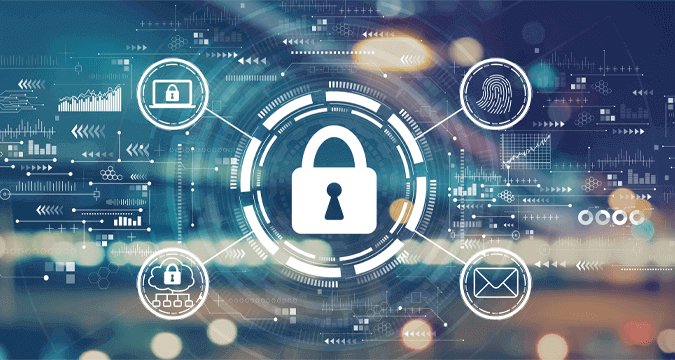Cybersecurity has emerged as a critically important field as businesses and governments worldwide become increasingly dependent on digital systems. With cyber threats evolving at an alarming pace, skilled cybersecurity professionals are in high demand. If you’re considering a career in this dynamic and challenging field, here are some essential skills and certifications that can give you a competitive edge.
Technical Proficiency
At its core, cybersecurity is a technical field, so a solid foundation in information technology is indispensable. This includes an understanding of computer systems, networks, and software. Familiarity with various operating systems, cloud services, and database management are also critical. Moreover, skills in areas such as encryption, intrusion detection, firewalls, and other defense mechanisms can set you apart in the field.
Programming Skills
Knowledge of programming languages is another key asset in cybersecurity. It aids in understanding the intricacies of malware, creating security scripts, and automating tasks. While not all roles in cybersecurity require programming skills, languages such as Python, JavaScript, C, and C++ are particularly useful in this realm.
Understanding of Cyber Threats
A deep understanding of various cyber threats, their potential impacts, and mitigation strategies is essential. This includes familiarity with different types of malware, phishing attacks, Denial of Service (DoS) attacks, and newer threats like cryptojacking and AI-powered attacks. Staying current with evolving cyber threats is crucial in this rapidly changing field.
Risk Analysis and Problem-Solving Skills
Cybersecurity professionals often need to identify potential vulnerabilities and evaluate the associated risks. Therefore, strong analytical and problem-solving skills are vital. These abilities are especially important for roles such as Security Analyst or Security Auditor.
Legal and Ethical Knowledge
Understanding the legal and ethical implications of data security and privacy is crucial. Knowledge of laws and regulations such as the GDPR, HIPAA, and other national and international data protection laws can be a significant advantage. Ethical guidelines for cybersecurity professionals are also an important consideration.
Certifications
Certifications validate your skills and knowledge in the cybersecurity domain. They are a testament to your dedication and expertise, and can significantly boost your career prospects. One such renowned certification is the Certified Information Systems Security Professional (CISSP) certification. It covers eight domains, including security and risk management, asset security, security architecture and engineering, and more. Preparing for this certification can be challenging, but resources can be instrumental in your preparation process.
Soft Skills
While technical skills are key in cybersecurity, don’t underestimate the importance of soft skills. Excellent communication skills, for instance, are essential for explaining complex security issues to non-technical colleagues or clients. Teamwork is equally crucial as cybersecurity is often a collective effort. Leadership skills can also be a significant advantage, especially for roles like Security Manager or Chief Information Security Officer (CISO).
Continual Learning
The field of cybersecurity is constantly evolving, so a commitment to lifelong learning is critical. Whether it’s learning a new programming language, staying updated with emerging threats, or pursuing advanced certifications, continual learning is a key component of a successful cybersecurity career.
Critical Thinking
In the high-stakes world of cybersecurity, critical thinking is a necessary skill. It enables professionals to foresee potential vulnerabilities, question assumptions, and devise robust security strategies. By anticipating attacks before they occur, you can implement preemptive measures and maintain robust defenses.
Incident Response
Cyber threats are not always preventable, making incident response an important skill. This includes the ability to quickly identify breaches, mitigate damages, and recover operations. An effective incident response strategy can significantly reduce the financial and reputational impact of a breach.
Certification Importance
While experience and skills are essential, certifications like CISSP offer a competitive edge. They validate your knowledge and dedication to professional development. Moreover, preparing for them using resources enhances your problem-solving abilities and equips you with comprehensive cybersecurity knowledge.
In conclusion, cybersecurity is a field that demands a unique blend of technical skills, analytical acumen, and soft skills. Understanding the dynamic nature of cyber threats, coupled with problem-solving and critical thinking, can pave the way for a successful career. Certifications such as CISSP, validated through resources like CISSP practice questions, can provide a significant boost. Regardless of where you stand in your cybersecurity journey, the continual development of these skills and credentials will help you navigate this exciting and crucial field with confidence and proficiency.
